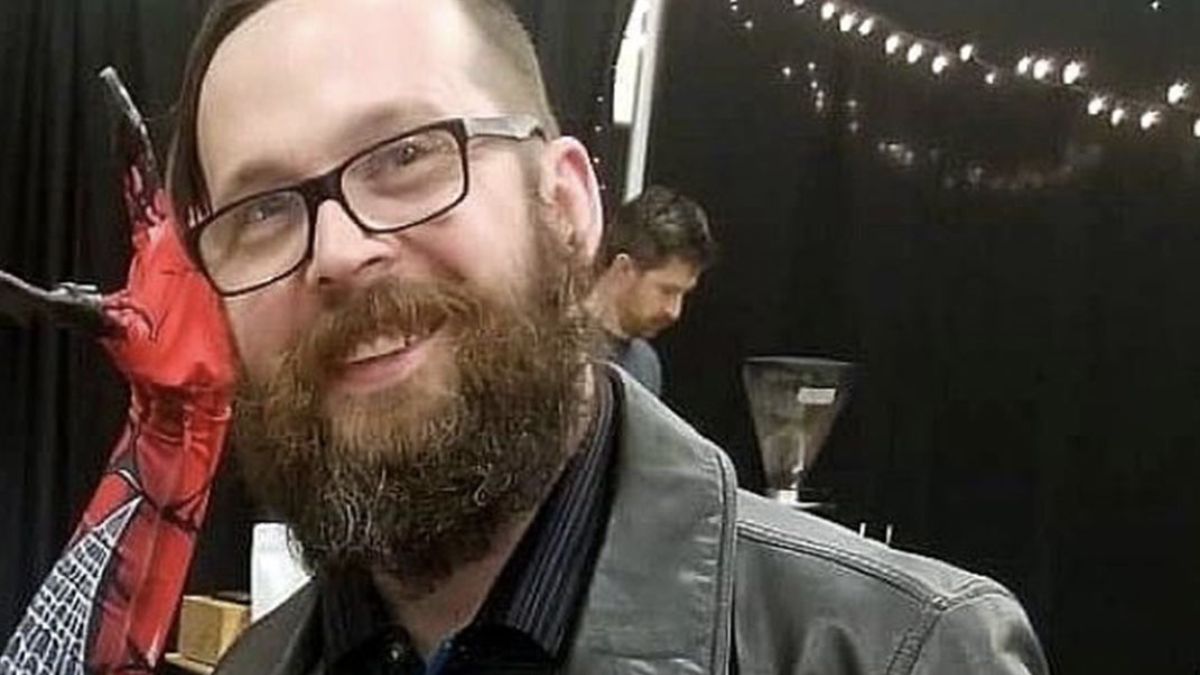Mississippi native and Army veteran Ronnie McNutt, 33, committed suicide on Facebook Live on August 31, 2020. People all across the internet were shaken up by the awful news of McNutt’s death and took to social media to express their sorrow and disbelief. The news quickly evolved to a call to action to combat the stigma associated with mental illness and improve access to mental health services.
Who was Ronnie McNutt?
Mississippi native Ronnie McNutt was well-liked there. He spent four years in the military and then went to work for Toyota when he got back. He was actively involved in the life of his church as a member and in a number of other ministries. His loved ones and friends remember him as being caring and generous.
What happened during the Facebook live stream?
After work on August 31st, 2020, McNutt broadcast live on Facebook. He first seemed as cool and collected, but as the stream progressed, he revealed some of his internal turmoil. In addition, he disclosed that he felt like a failure and didn’t want to be a burden on anyone else. McNutt, tragically, committed suicide on camera shortly after.
The aftermath
Many individuals watched the live broadcast, and the footage rapidly became widely shared online. Facebook came under fire for its slow response in removing the video, which had left many viewers frightened. After the tragedy, however, many individuals raised their voices to discuss mental health and the need to end the stigma that surrounds it.
Honoring Ronnie McNutt
Since McNutt’s passing, his loved ones have been active in memorializing him and advocating for better mental health services. They’ve spoken openly about their own experiences with mental illness and arranged events to raise money for charity that help those with the condition. By speaking out, they hope to reduce the shame associated with mental health issues and make it easier for others to get treatment when they need it.
Addressing Mental Health Stigma
There is still a huge problem with the stigma associated with mental health. Many people still avoid getting care for their mental health difficulties for fear of judgment or stigma. The catastrophic results of this stigma are all too real for those who need aid but do not receive it.
Open and frank discussions about mental health are the first step in combating stigma. People need to be encouraged to talk about their problems and get help when they have them. We also need to learn more about mental health concerns and the help that is out there for individuals who are suffering.
- The murder of Ronnie McNutt has also sparked a conversation on the link between social media and mental illness. When it comes to one’s psychological well-being, social media may be both a blessing and a curse. On the one hand, it has the potential to be a helpful method of communication and mutual support. However, it also has the potential to act as a depressing and isolating force.
- Companies in the social media industry have a duty to take reasonable precautions to prevent their users’ exposure to content that could be harmful to their psychological well-being. They should make an effort to detect and eliminate disturbing material, such as that which encourages self-injury or suicide. In addition, they need to help consumers who are experiencing mental health problems by providing tools and support.
- Recognizing that mental illness is not a personal failure or weakness is also crucial in the fight against stigma. Like any other ailment, it is a medical problem that needs to be treated. Getting care for mental health problems shouldn’t come with the same stigma as getting help for physical health problems.
- Those dealing with mental health problems have access to a wealth of support options. Treatment options consist of talk therapy, medication, peer support, and crisis lines. It’s crucial to keep in mind that no single approach can effectively treat all mental health problems. What helps one individual may not help another. It’s vital that you try several things out until you find what suits you best.
Conclusion
Ronnie McNutt’s untimely passing served as a sobering reminder of the need to eradicate the stigma associated with mental illness. His loved ones have done incredible things to commemorate his life and bring attention to mental health issues; their efforts are a remarkable illustration of the difference that one person can make in the world. Keeping the dialogue about mental health issues open and honest is a step toward a world in which no one is judged negatively for seeking treatment.
Ronnie McNutt’s death emphasizes the need to end the stigma associated with mental illness and help people who are suffering get the help they need. We need to keep having frank discussions about mental health and work toward a culture where those struggling within may seek help without being judged as weak. By working together, we can make a difference and reduce the number of lives lost to mental illness.











